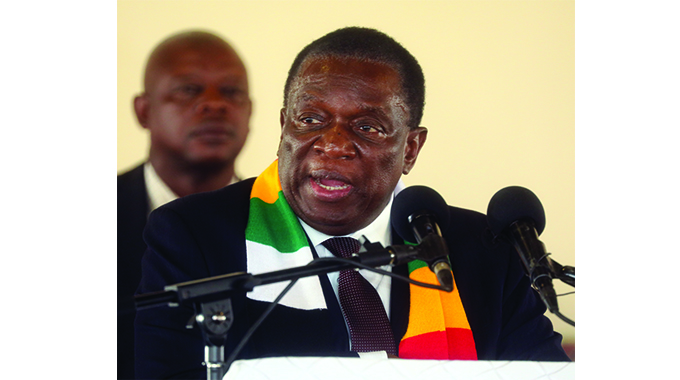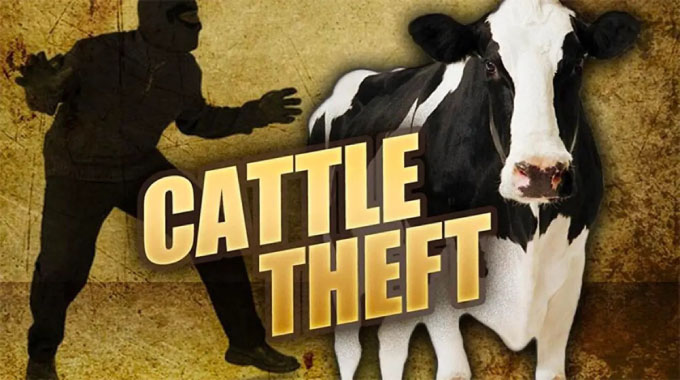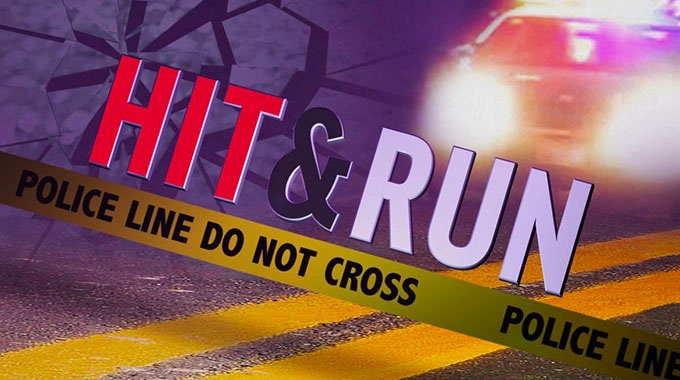March for neurological disabilities awareness…Celebrating special heroes among us

Rejoyce Sibanda, Chronicle Reporter
THE Bulawayo city centre witnessed a march. A march unlike any other. The Mothers of Special Heroes Trust (MOSHT) organisation led the way, with parents, caregivers, doctors, and stakeholders walking alongside them. The purpose of the march was to raise awareness about neurological disabilities and end the stigma associated with it.
Neurological disabilities are diseases that affect the central and peripheral nervous systems, causing a range of conditions such as epilepsy, Alzheimer’s, Parkinson’s disease, cerebral palsy, spina bifida, hydrocephalus, autism, and Down’s syndrome.

Stakeholders march against the discrimination of people and children who live with autism
These conditions often cause these children to be called harsh names by people in society.
Shuvai Rateyiwa, the co-founder and technical director of MOSHT, emphasised the importance of eradicating this stigma.
“We want people in societies to recognise and be aware of the presence of these children among them.
People should understand that parents and their children with such disabilities are also human and equal, and thus stigmatisation is really not necessary.”
MOSHT aims to assist mothers, caregivers, and guardians of children with neurological disabilities with guidance, counselling, and support. The organisation plans to visit various schools and advocate for children with neurological disabilities.
The march provided space for parents to come together and share their experiences. Sithabile Dube from Burnside suburb highlighted the importance of bringing such children into society to enable them to feel they are part of other people and have an appreciation of their presence.
Julia Ndlovu from New Magwegwe shared her experience of raising a child with a neurological disability. She emphasised that negative stigma from society plays a big role in making children with neurological disabilities outcasts in the communities where they grow up.
Through the march, MOSHT hopes to promote acceptance of the children and eradicate some of the negative stigmas associated with neurological disabilities.
They want to make the community understand that anyone can be a parent to a child that has a neurological disability, and members of the public should accept them as part of society at large.
As the march came to an end, it left behind a message of hope and inclusion.
A message that reminds us that children with neurological disabilities are special heroes, and they deserve to be loved, cared for, and protected just like any other child. -@ReeSibanda












Comments